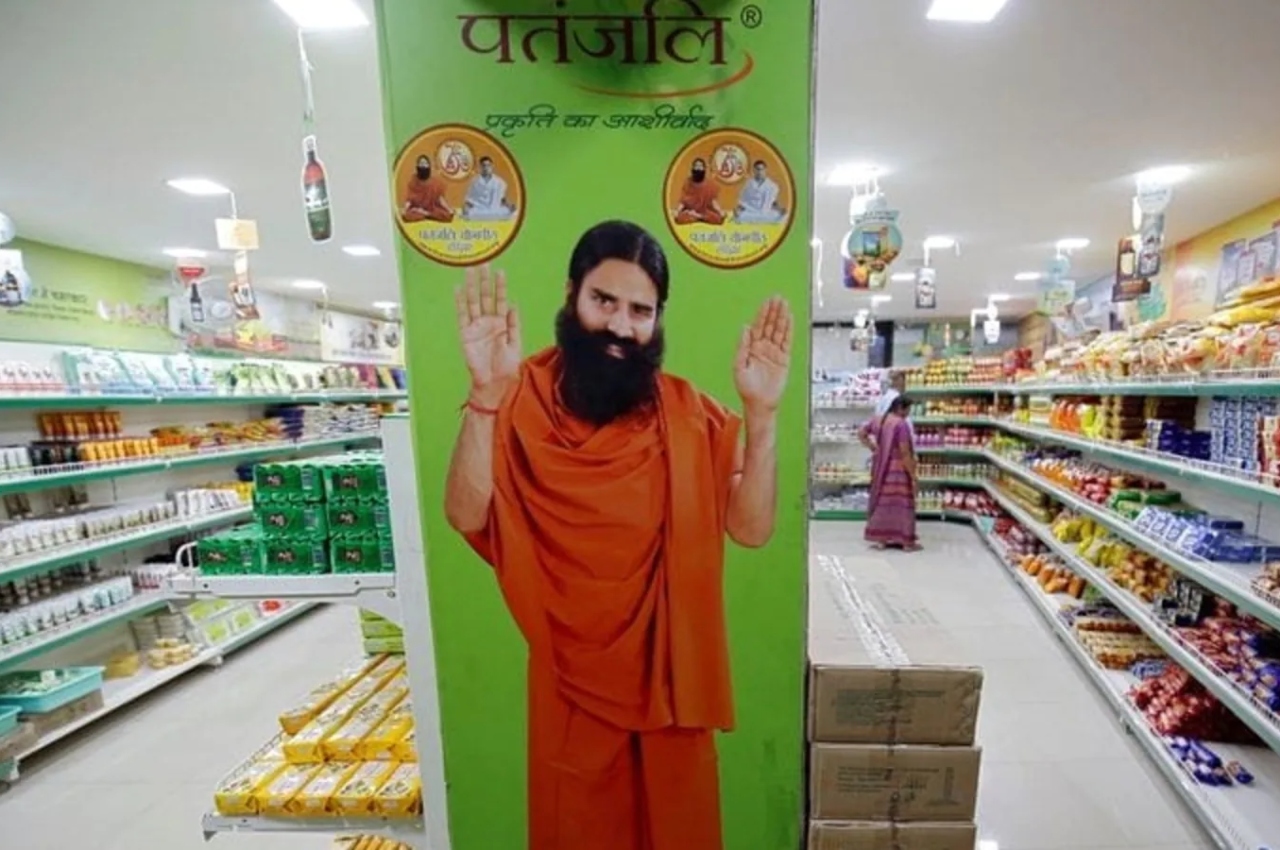New Delhi: The Patanjali Foods company, backed by Baba Ramdev, saw a drop in profitability during the quarter that ended on September 30, 2022 (Q2FY23). In Q2FY23, the company’s net profit was $112.28 crore, a decrease of 31.65% from Q2FY22’s PAT of 164.27 crore.
Additionally, sequentially, from 241.25 crore in Q1FY23, its Q2 PAT fell by a startling 53.5%. The edible oil division presented numerous challenges to the company’s profitability during the quarter.
According to Patanjali Foods’ regulatory filing, the global price volatility of different edible oils, which dropped by almost $400-500 per tonne in these three months, put pressure on the edible oil industry’s margins throughout the quarter. Because India imports more than 60% of its edible oil needs, retail prices have been under pressure, affecting profitability.
Additionally, because high inflation had an adverse effect on operating costs, margins were further squeezed in Q2FY23.
Patanjali Foods experienced significant top-line growth. In Q2FY23, operating revenue increased by 42.02% to $8,514.12 crore from $5,995.03 crore in the same quarter last year. The company reported an increase of 18.07% in Q2 of FY23 when compared to sales of 7,210.96 crore in Q1FY23. In Q2FY23, the revenue share of the food and FMCG industry increased to 28.18%.
In keeping with a strategic aim to grow the food company, Patanjali Foods successfully completed the acquisition of the Foods business in the third quarter of September 2022.
In Q2FY23, Patanjali’s food division reported revenues of 2,399.66 crore, or 37.18% of the company’s total branded sales. Additionally, sales in the institutional segment, which includes branded items, reached 6,453.45 crore, accounting for 77.02% of the company’s overall product sales during that time.
Additionally, Patanjali’s strategic objectives began to pay off in Q2FY23 as the business mix of its edible oil and food businesses increased to 74.66% and 28.18%, respectively, from 94.20% and 11.76% in the same period the previous year.
Patanjali claims that the demand environment remained difficult due to persistently high inflation and monetary/fiscal actions taken by the government, such as the continuation of stock limits on oils and oilseeds, the government’s insistence on lowering retail edible oil prices, and the passing of price benefits to the public.













